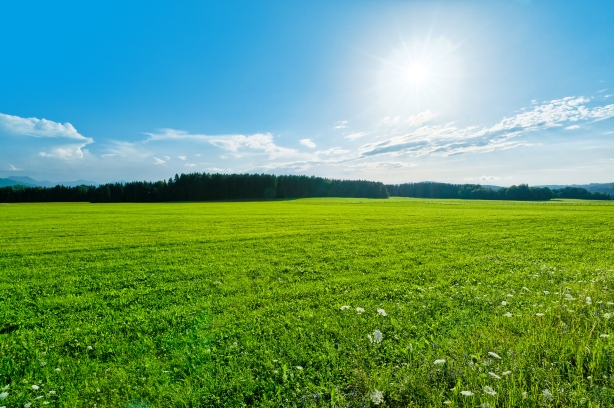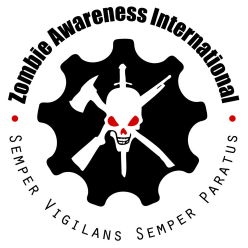New research published by Dermato-Endocrinology shows that the risk of hospital-acquired infections could be significantly reduced by increasing vitamin D concentrations among hospital patients. My first thought was that if it were possible to have a cure or treatment for the zombie virus that having a healthy dose of vitamin D might help prevent infections. I know what you’re thinking: “But Tim, there is no cure for the zombie virus except a bullet to the head or other means of destroying the brain.” There has been speculation about rabies being a possible cause of the zombie outbreak due to lack of vaccinations or mutation for humans. With the proper innoculations, could this viral infection of the brain be even better prevented with more vitamin D?
When thinking about antibiotic bacterias already becoming more prevalent, what this study seems to point to is what each of us can do in the event we are exposed to these infections. According to the researchers, vitamin D strengthens the immune response by overcoming the antibiotic resistance of many bacteria encountered in hospitals. Vitamin D doses are given to these patients to help them fight off diseases that are contracted in hospitals, but I wonder if this could be extrapolated to work not just for hospital infections. There are multiple reasons why people are vitamin D deficient. What can you do to boost your immune system as well as fight off other diseases?
Eat meat. Most natural sources of vitamin D are animal-based, including cheese, egg yolks, fish and fish oils, milk, and beef liver. Vegetarians are more at risk for vitamin D deficiency.
Get some sun. The body makes vitamin D when your skin is exposed to sunlight. Sunblock lotions can prevent synthesis of vitamin D, but make sure you wear a proper sunblock to help prevent sunburn, which can lead to skin cancer. Darker skin is also known to reduce the skin’s ability to create vitamin D.
Exercise and lose weight. Vitamin D is extracted from the blood by fat cells, altering its release into the circulation. People with a body mass index of 30 or greater often have low blood levels of vitamin D.

What I am saying is that a lifestyle of inactivity and lack of exposure to the sun will not only lead to obesity, and with it other health problems, but it could also contribute to you being more likely to contract the zombie virus. So stock up on food and ammo, prepare your bug out bags, but step away from the computer and get some fresh air. Go for a walk and get some exercise and you might just save your life in ways you never expected. Dissenting comments will only prove my point for more than the reasons that I have stated and should be the first to step away from the computer.
– Tim








